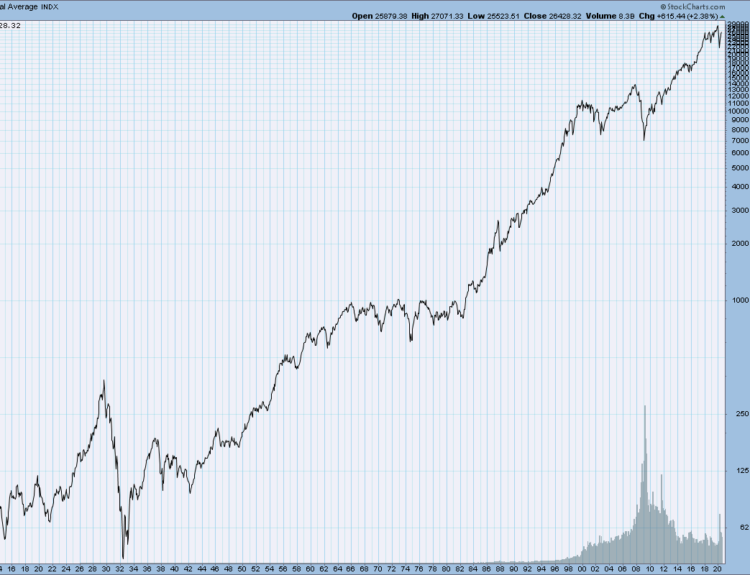Separating couples are finding unconventional ways to keep their low mortgage rates while dividing their homes
- Divorcing couples are facing the challenge of who keeps the low mortgage rate
- Refinancing after divorce can result in higher mortgage rates
- Unconventional solutions include co-owning the home, staying in the same house, or waiting for rates to fall
- Some couples are resorting to sale leasebacks or assuming the existing mortgage
- Divorcees are getting creative to hold onto their prized ultra-low rates
Divorcing couples are facing a new challenge when it comes to dividing their homes: who gets to keep the low mortgage rate? As mortgage rates have fluctuated over the years, homeowners with rates under 3% have become the envy of their friends and family. However, when a marriage ends, the question of who walks away with the lower mortgage rate sparks tension at the negotiating table. Traditionally, couples would either refinance the home and put it in one spouse’s name or sell the home and divide the proceeds. But with the large gap between prevailing mortgage rates and the rates on divorcing couples’ homes, some are turning to unconventional strategies. These include co-owning the property, staying in the same house, waiting for rates to fall, or resorting to sale leasebacks or assuming the existing mortgage. Divorcees are getting creative to hold onto their prized ultra-low rates.
Public Companies: Green State Credit Union (N/A), Fannie Mae (FNMA)
Private Companies: undefined
Key People: Ann Shea (Divorcee), Alla Roytberg (Family and Matrimonial Law Attorney and Mediator), Erin Levine (Co-founder of Hello Divorce, Family Law Attorney), Tami Wollensak (Mortgage Broker and Certified Divorce Lending Professional), Jae Tolliver (Mortgage Broker), Shay Stein (Real Estate Agent)
Factuality Level: 7
Justification: The article provides information about the challenges faced by divorcing couples with low mortgage rates and presents various strategies they can use to deal with the situation. The information seems to be based on interviews with divorce attorneys and mortgage brokers. However, the article lacks data or statistics to support the claims made, and it does not provide a comprehensive analysis of the issue. Additionally, the article contains some unnecessary background information and repetitive details.
Noise Level: 3
Justification: The article provides relevant information about the challenges faced by divorcing couples with low mortgage rates. It explores unconventional solutions and offers real-life examples. However, the article contains some repetitive information and could benefit from more in-depth analysis.
Financial Relevance: Yes
Financial Markets Impacted: Mortgage rates and housing market
Presence of Extreme Event: No
Nature of Extreme Event: No
Impact Rating of the Extreme Event: No
Justification: The article discusses the impact of divorce on mortgage rates and the housing market. It highlights the challenges faced by divorcing couples who want to keep their low mortgage rates and explores unconventional solutions they are using to divide real estate assets. While there is no extreme event mentioned in the article, it provides relevant information about financial topics and their impact on individuals.
 www.marketwatch.com
www.marketwatch.com 





